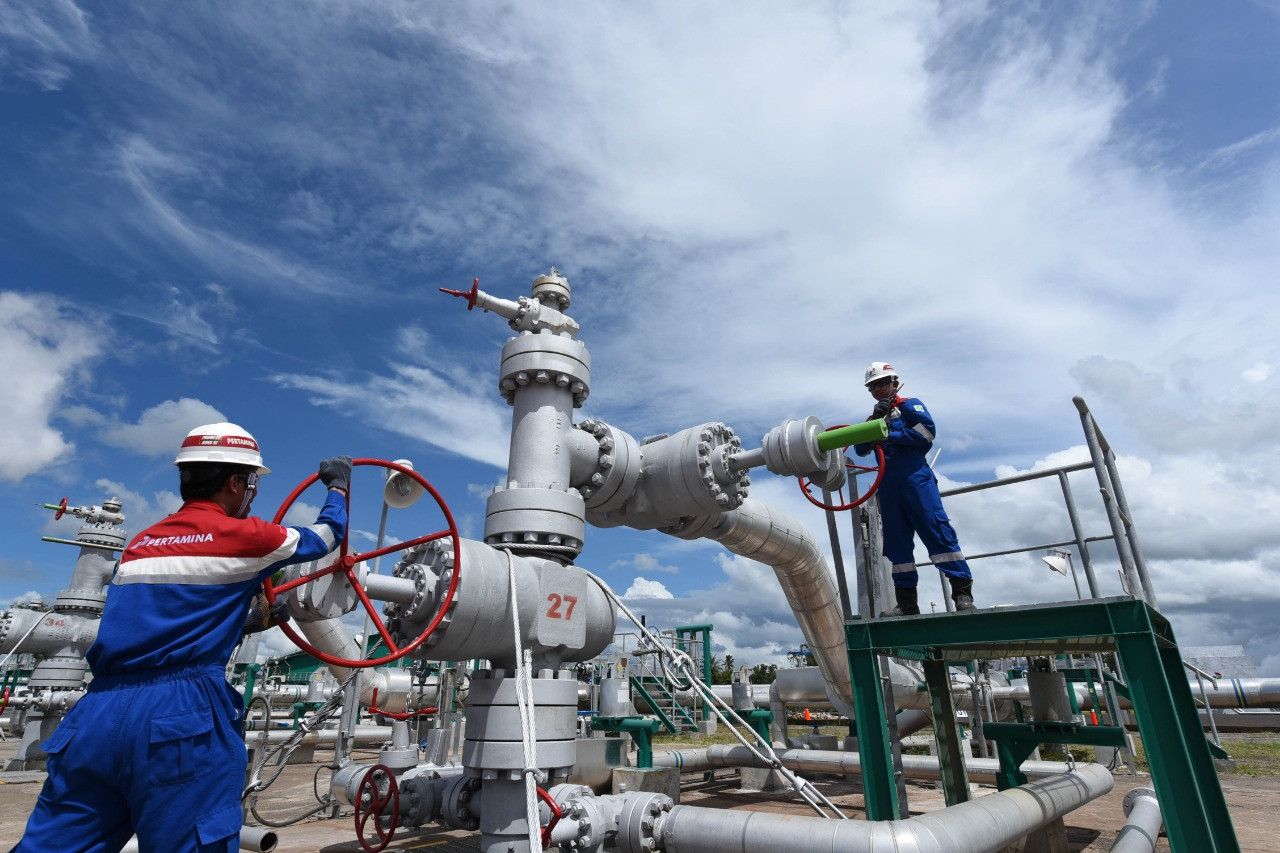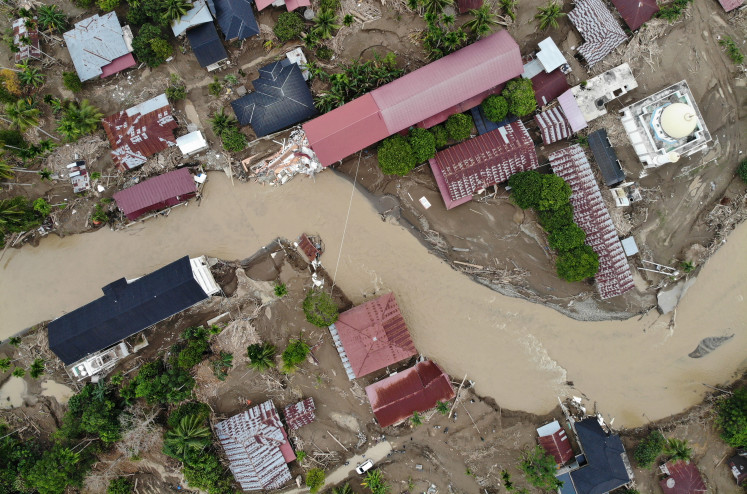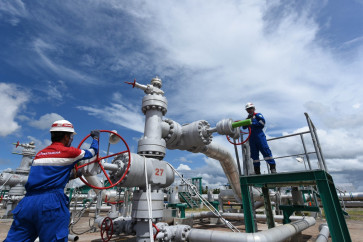Popular Reads
Top Results
Can't find what you're looking for?
View all search resultsPopular Reads
Top Results
Can't find what you're looking for?
View all search resultsIndonesia’s G20 presidency: Palm oil and global energy needs
Reverting back to oil, gas or even coal is not the right answer to secure Europe’s energy independence in the medium to long term.
Change text size
Gift Premium Articles
to Anyone
There is no doubt that the hope for global recovery from the COVID-19 pandemic has been dashed by the ongoing crisis in Ukraine.
The urgent need to work toward a sustainable planet has been shelved by rich countries who could have led the way in transforming global food and energy supplies. This is most evident in the European Union, which aspires to lead the world in how all our lives could be sustainable. The Green Deal and the Farm to Fork goals envisioned by the EU are controversial but they provide an insight into what the global village needs to do to create a livable planet.
The enraging conflict in Ukraine seems to be delaying the European transition to greener agriculture. The EU, split on goals in farming, cannot conceal an uncertain, uneasy direction forward. More challenging still to the EU is the problem of energy production, which relies heavily on fossil fuels as Europeans face supply shortages in the winter of 2022.
As Europe struggles to find solutions for its energy needs, stakeholders in the European energy industry have issued a stark warning saying that Europe might be tempted to take short-sighted actions to solve the energy price crisis and address the geopolitical risks.
But reverting back to oil, gas or even coal is not the right answer to secure Europe’s energy independence in the medium to long term. Just the opposite, with the ever-present threat of climate emergency, the urgency of transitioning to a zero-emissions Europe is now increasingly pressing.
As the European Commission and Council present their ideas to members of the European Parliament for joint European action for more affordable, secure and sustainable energy, it must be noted that the global crisis for food and energy caused by the Russian-Ukraine conflict is nothing compared to what climate change will unleash upon the global community.
Global crises, whether caused by conflict or climate change, show that a sustainable planet requires the cooperation of all nations to put aside their self-interests for short-term economical gains. It resonates well with the theme of Indonesia’s presidency of the Group of 20: “Recover together, recover stronger".



















